What works well in a place of work? It is not the salaries and benefits which keeps employees together but the culture. Good work culture builds trust, participation and productivity. People would bring back their energy as they feel appreciated into the organization.
Why Work Culture Matters
Work culture is that supralanguage that defines day-to-day experience. It affects the organization of the employees in the way they work, interact, and relate with the leadership. A strong culture helps in:
● Reducing employee turnover
● Strengthening engagement strategies
● Building resilience during challenges
● Driving organizational growth
Without it, even the best HR strategies for startups in India or established firms fall short.
Building Workplace Culture in Indian Companies
Every company, big or small, is defined by its culture. In India, where diverse workforces bring varied expectations, HR leaders are tasked with balancing tradition and innovation. Building workplace culture in Indian companies is not about copying global trends. It is about blending inclusivity, respect, and modern HR practices tailored to the Indian context.
Core Elements of Positive Culture
● Trust and Transparency: Employees stay engaged when communication is open.
● Recognition: Small gestures of appreciation improve morale.
● Work-Life Balance: Hybrid work trends in India show that flexibility is no longer optional.
● Inclusivity: Diversity and inclusion in Indian workplaces foster belonging and reduce bias.
Employee Engagement Strategies for Indian Companies
Employee engagement is more than team outings or surveys. It is about creating meaningful connections. HR managers must align engagement strategies with employee needs.
Practical Engagement Practices
● Frequent check-ins to understand challenges
● Mentorship programs for career growth for HR professionals and other roles
● Training focused on skills every HR professional needs in 2025
● Mental health and HR role in India as a priority, not an afterthought
Engaged employees feel heard, supported, and motivated. This directly strengthens performance and loyalty.
The HR Role in Organizational Growth
HR is no longer limited to payroll or hiring. It shapes the very foundation of how organizations grow. Career paths such as the HR career path from recruiter to CHRO show that leadership requires more than operational skills. Leadership skills for HR managers now include empathy, data-driven decision-making, and adaptability.
Future of HR in India
● Digital Transformation: HR digital transformation trends 2025 highlight automation and AI.
● Tech Adoption: Role of AI in HR management is evolving, supporting analytics and predictive insights.
● Upskilling: HR role in upskilling and reskilling employees is critical to remain competitive.
● Compliance: HR compliance challenges in India remind organizations to remain ethical and lawful.
Creating a Culture of Belonging
A positive culture cannot be imposed. It grows when leaders listen and employees feel safe. Women leaders in HR India have demonstrated the importance of inclusive leadership. Engagement is not a checklist; it is a continuous effort that reflects in employee satisfaction and organizational reputation.
Conclusion
Culture defines how people experience their workplace. By focusing on inclusivity, engagement, and future-ready HR practices, companies in India can create environments where employees thrive. A positive work culture is not an end goal. It is a journey that evolves with people and their needs.
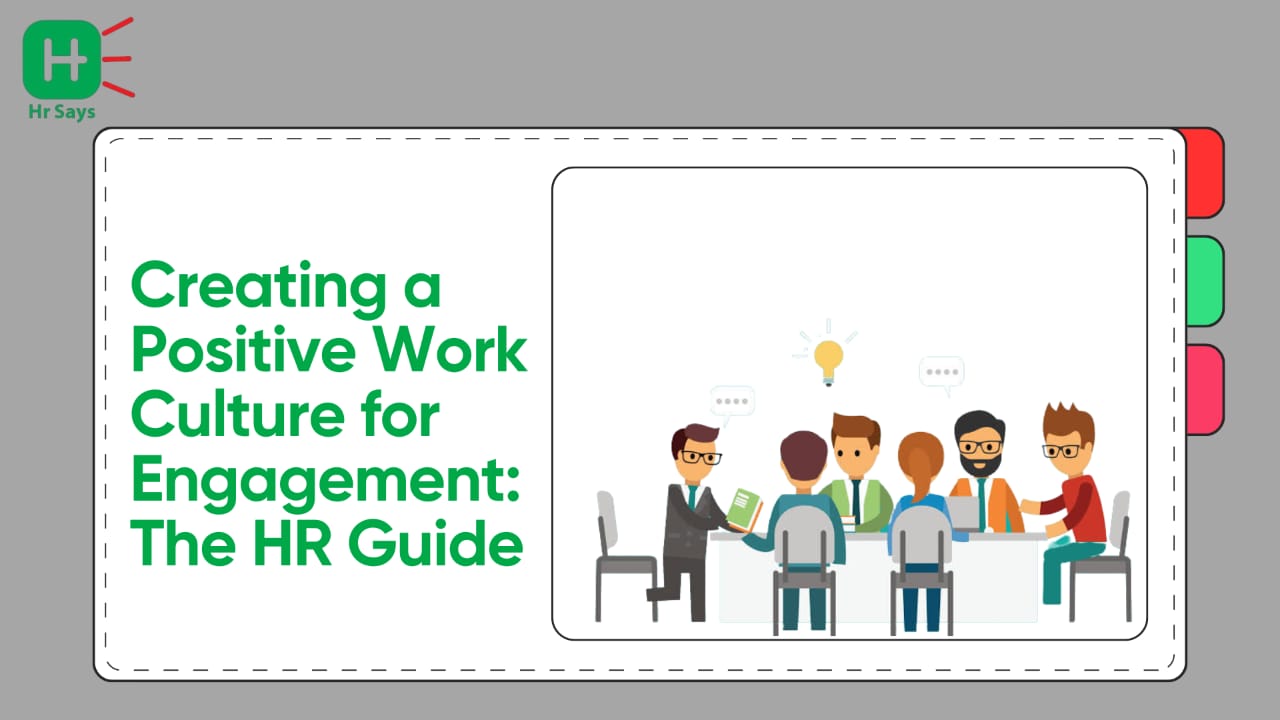
 A strong workplace culture drives engagement, retention, and growth. This blog explores how HR leaders in India can foster trust, inclusivity, and innovation while adopting future HR trends to shape thriving organizations.
A strong workplace culture drives engagement, retention, and growth. This blog explores how HR leaders in India can foster trust, inclusivity, and innovation while adopting future HR trends to shape thriving organizations.








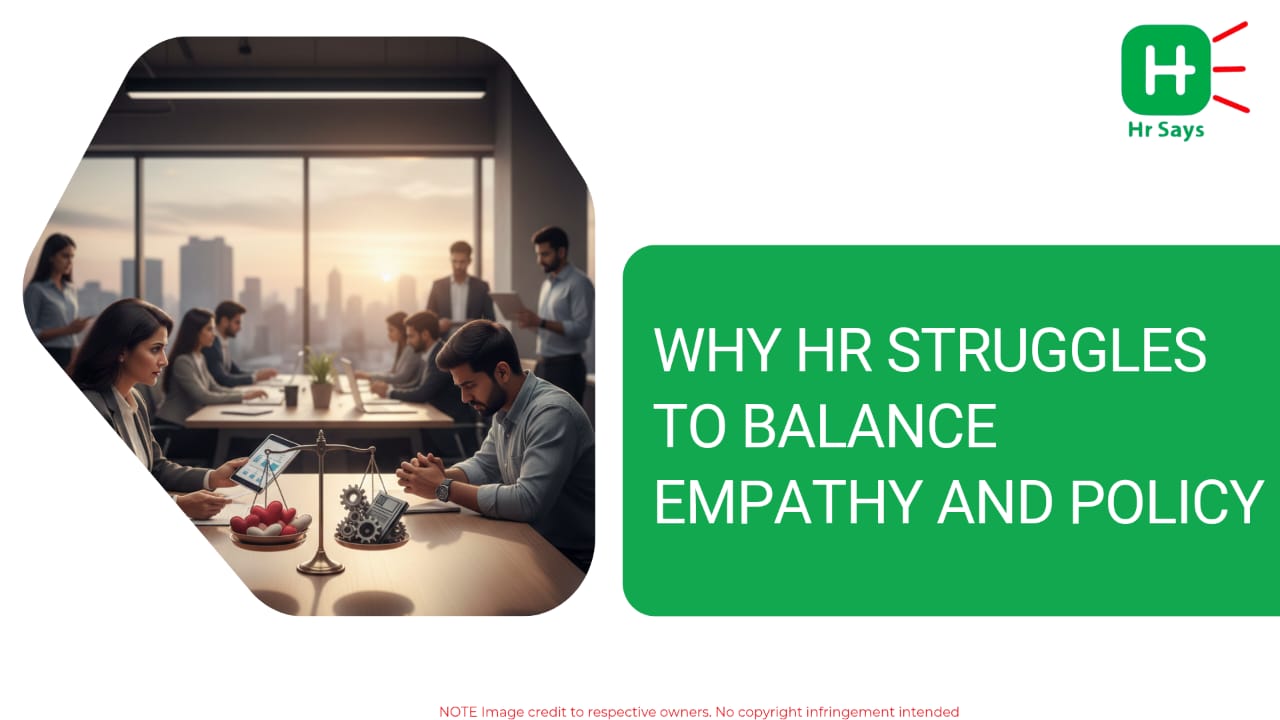
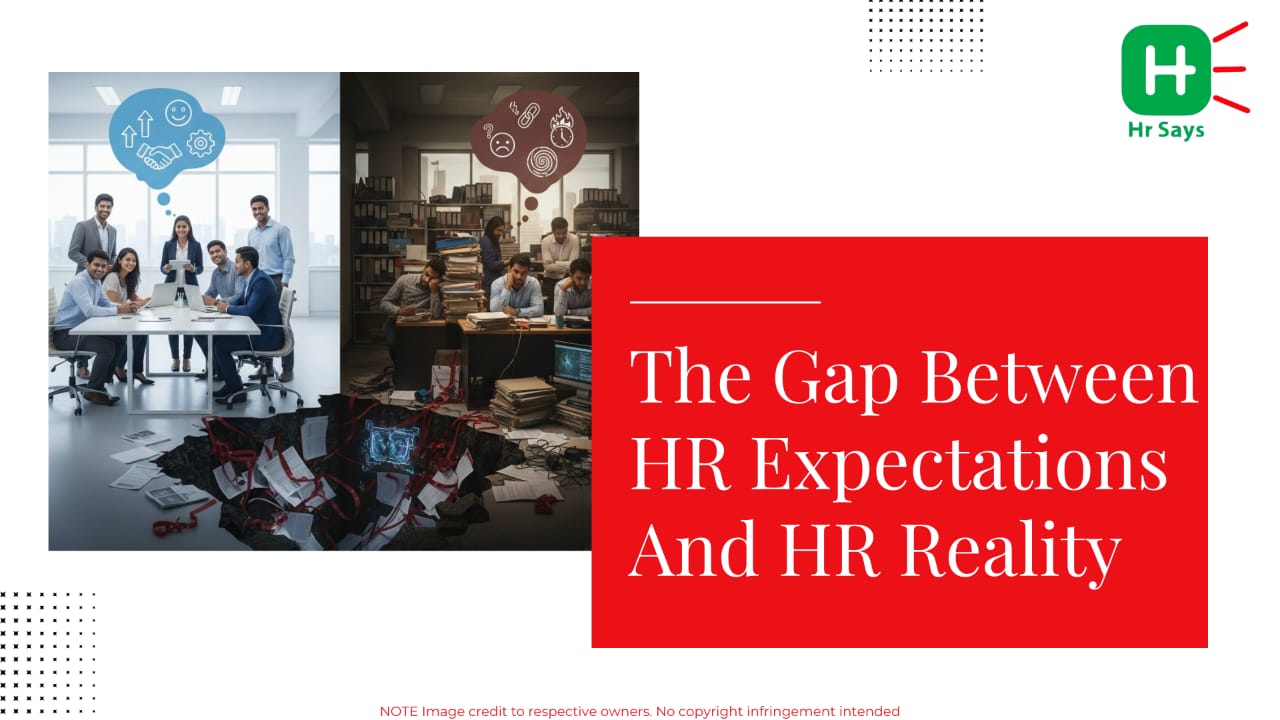
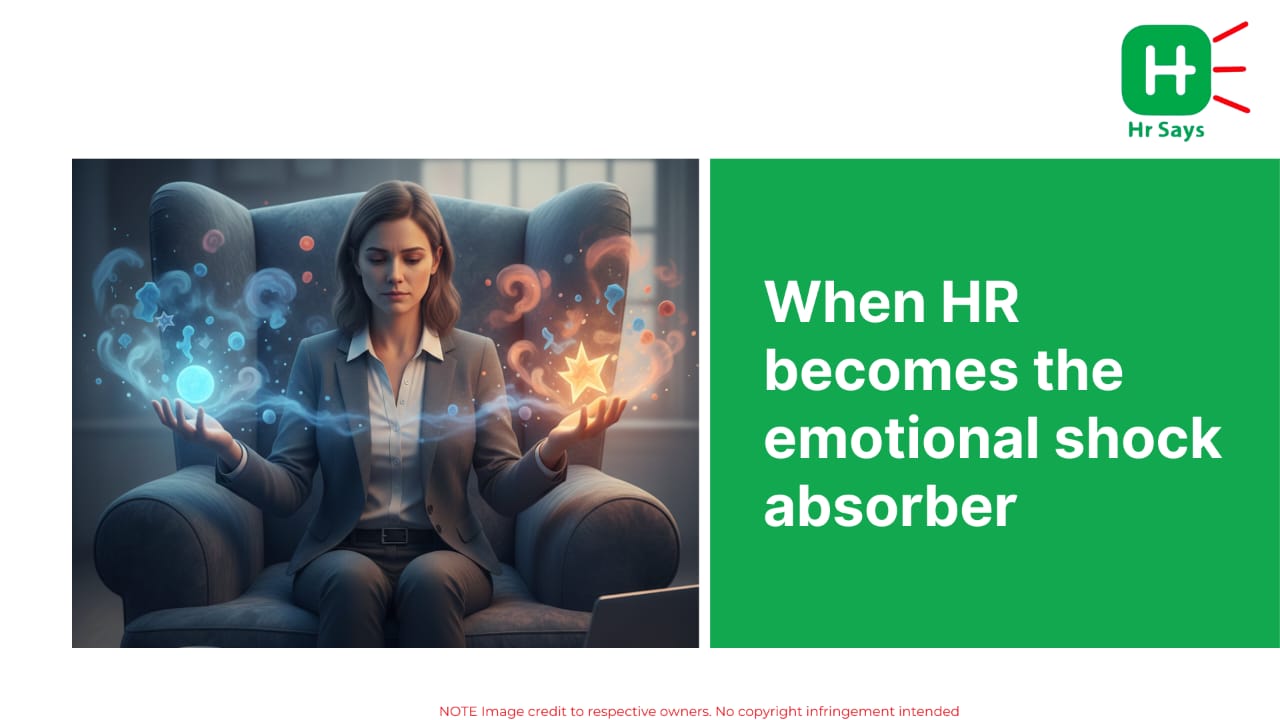
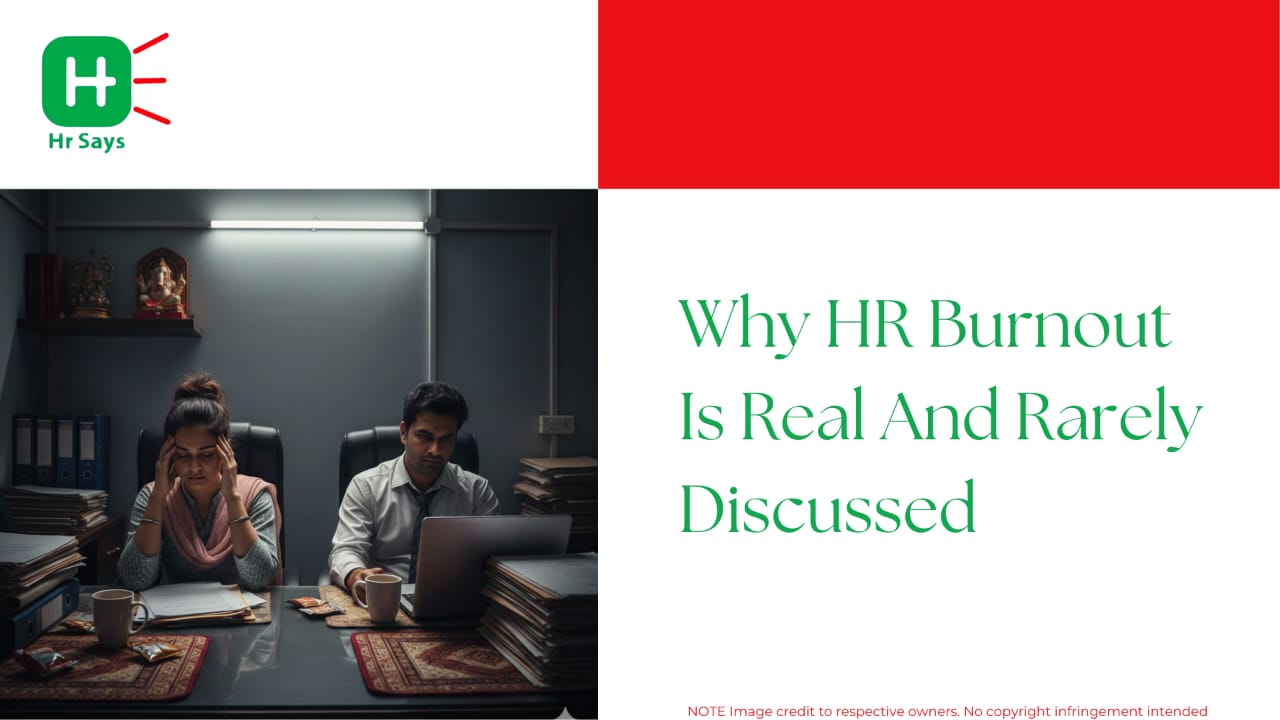
.jpeg)
.jpeg)
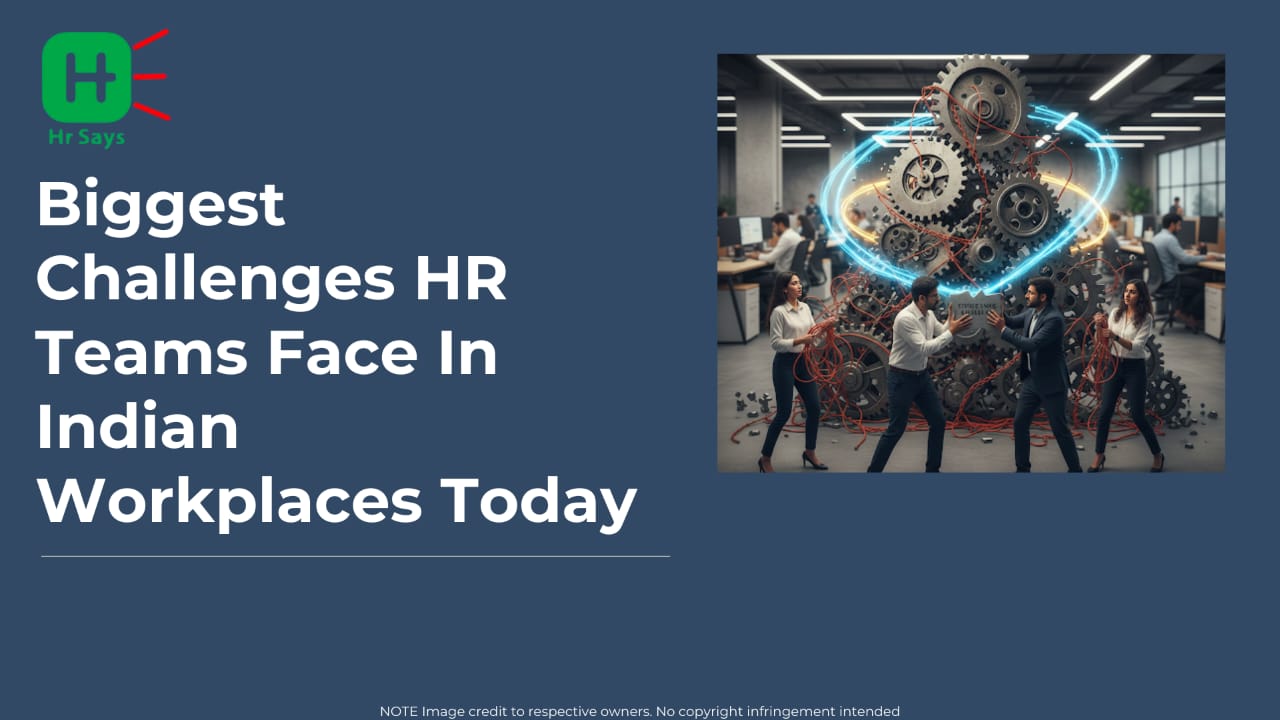
.jpeg)
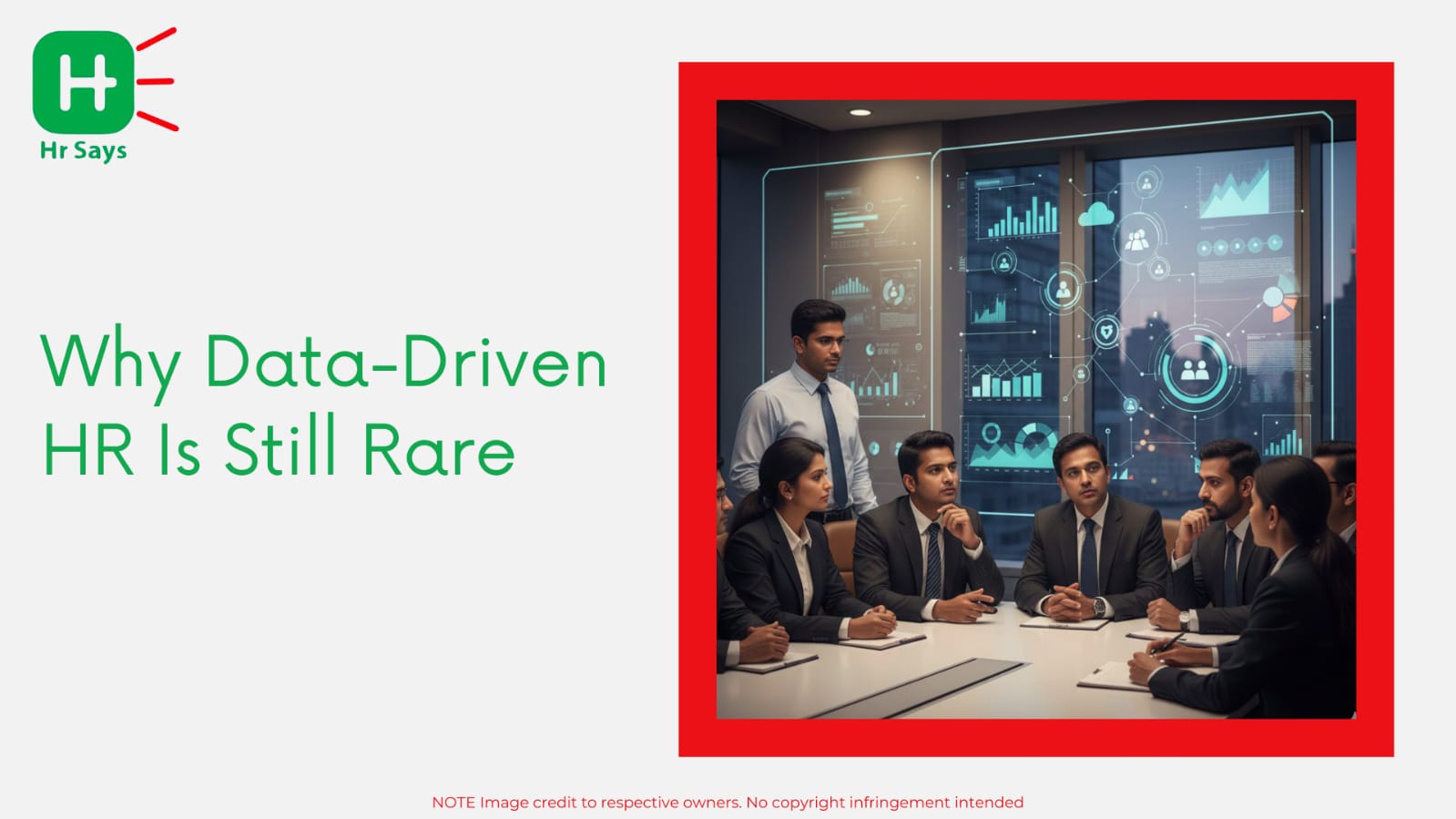
.jpeg)
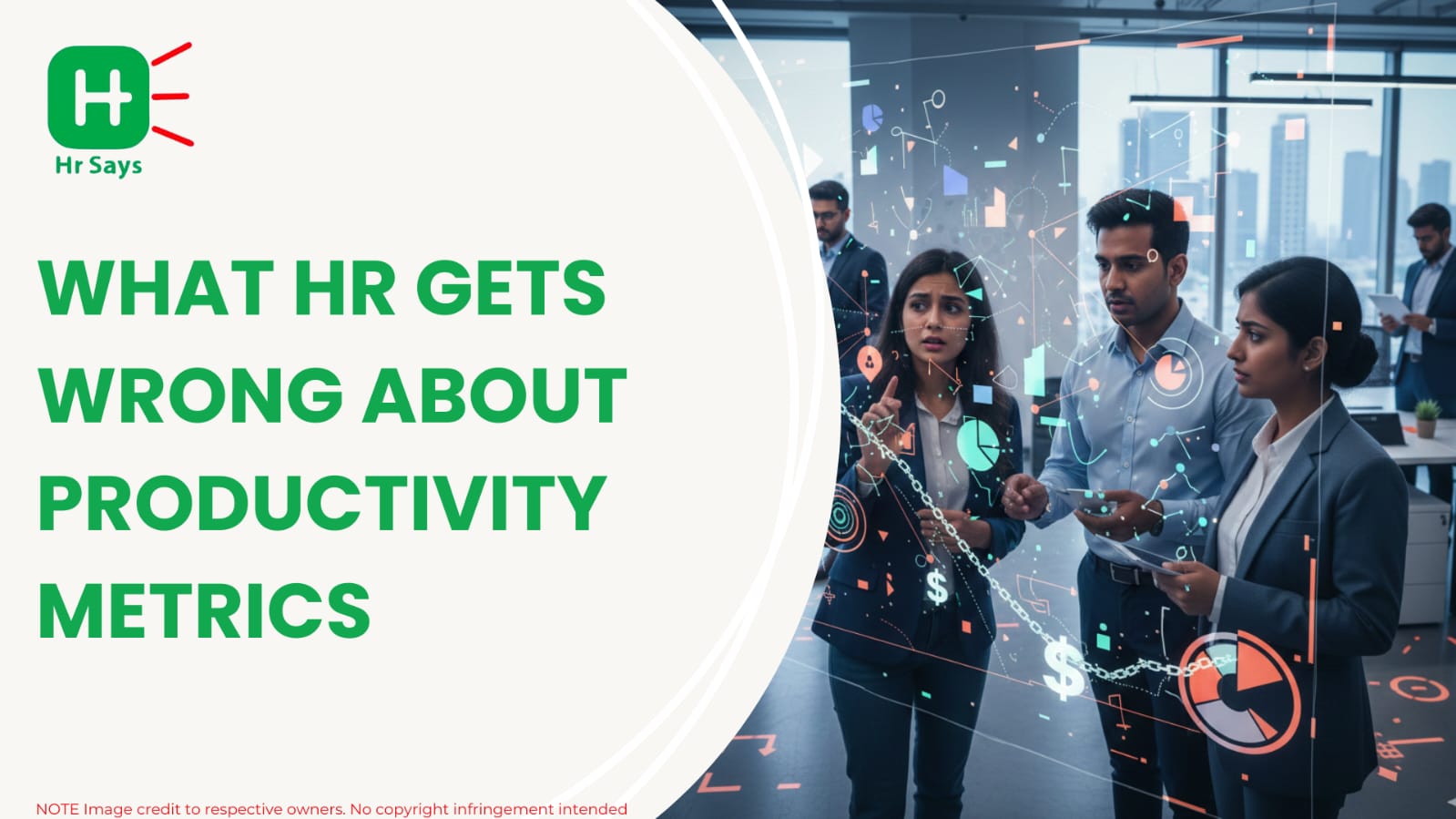
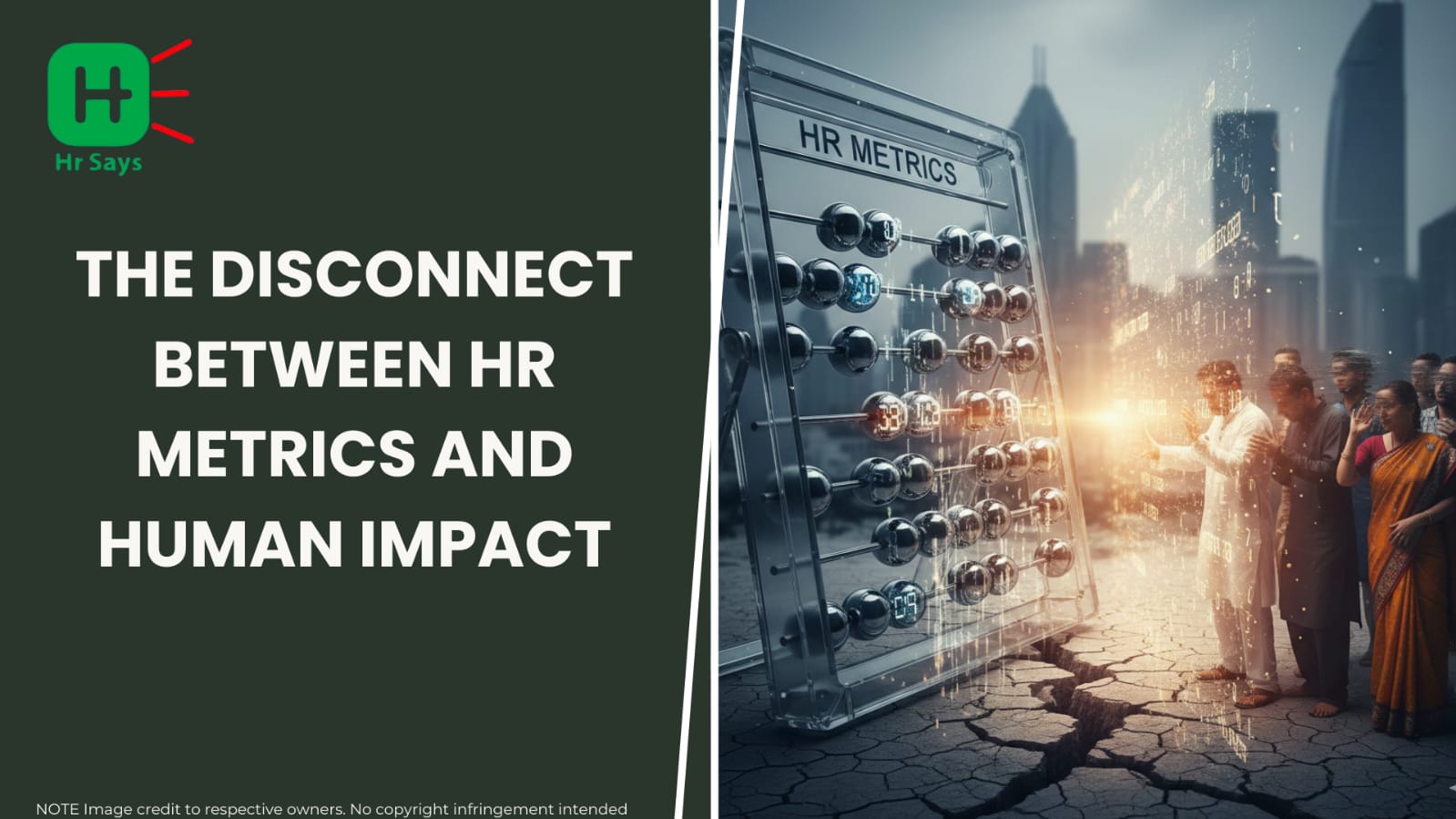
.jpeg)
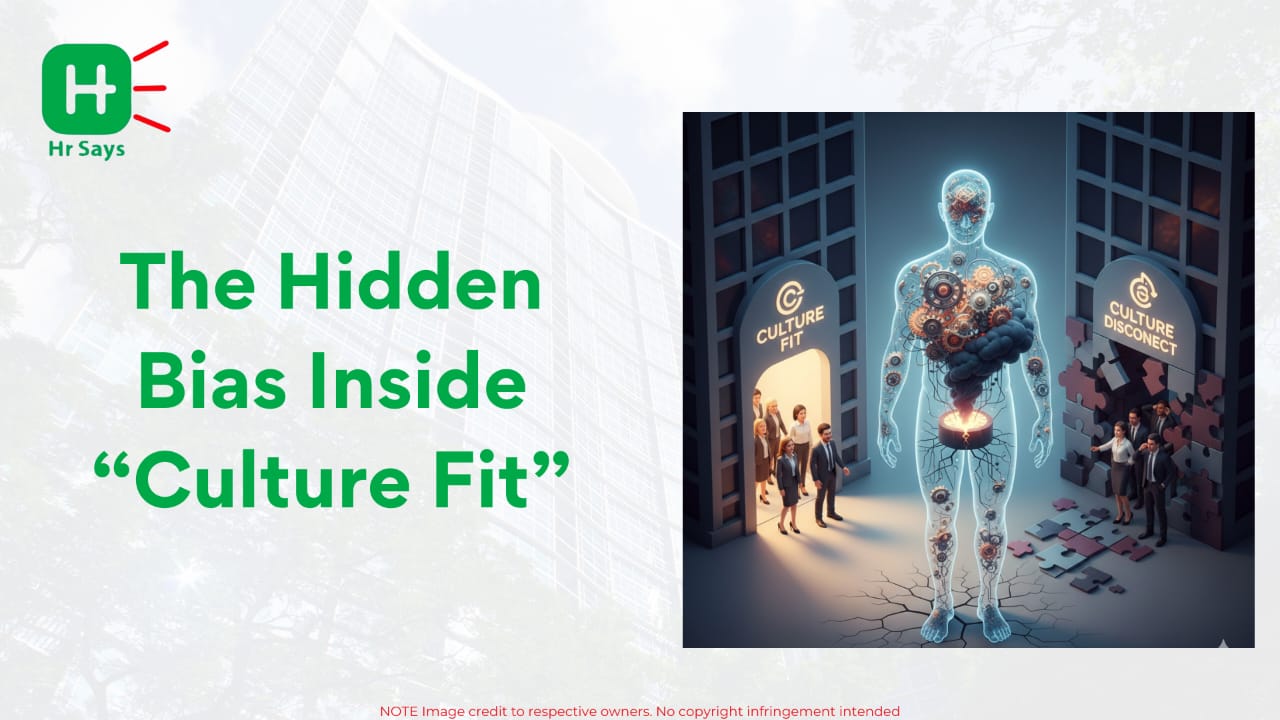
.jpeg)
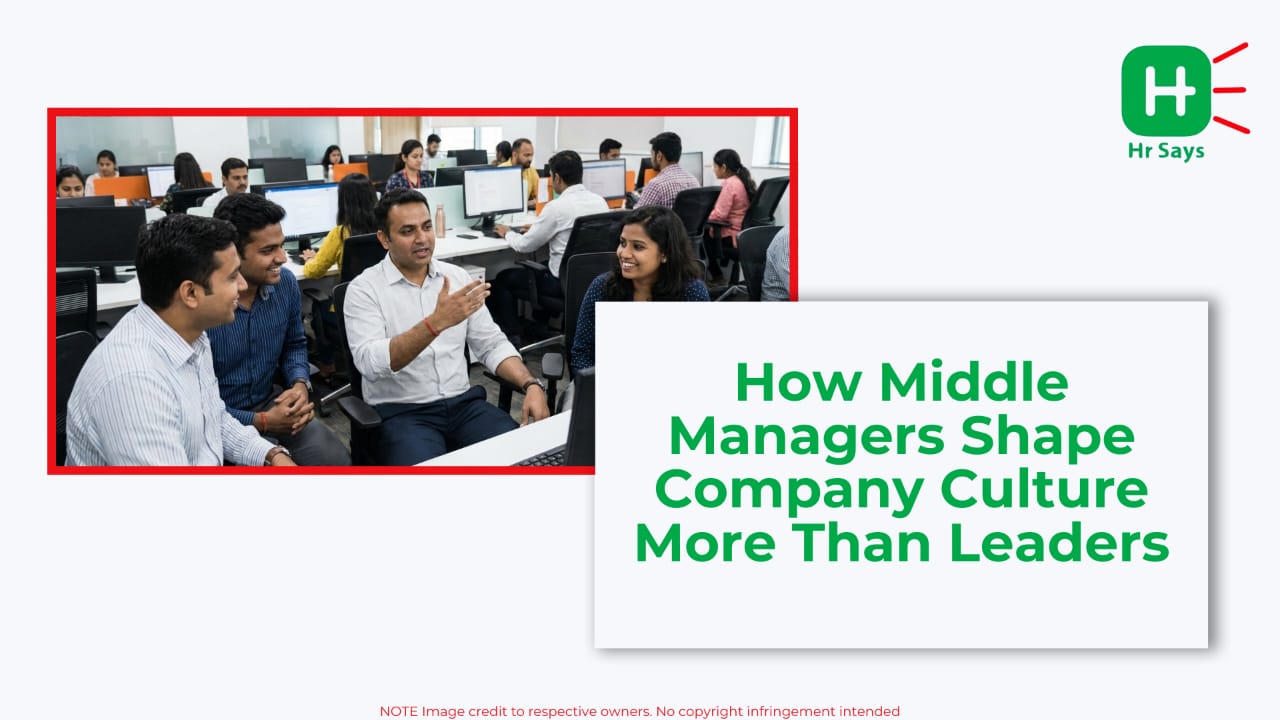
.jpeg)


